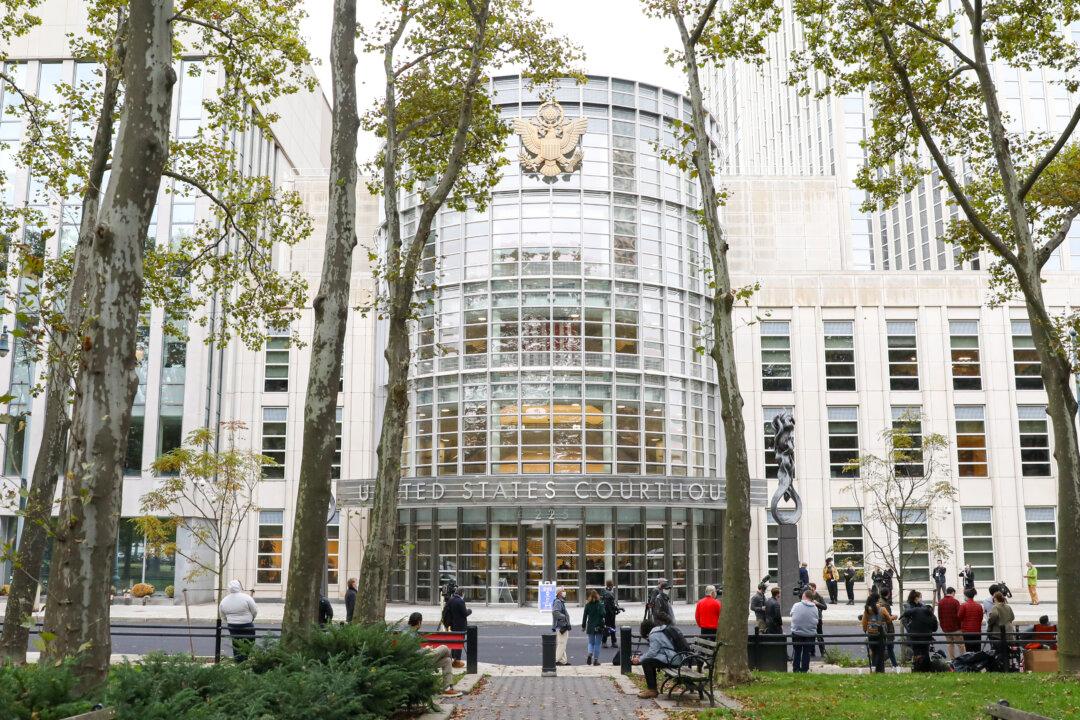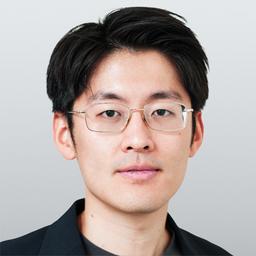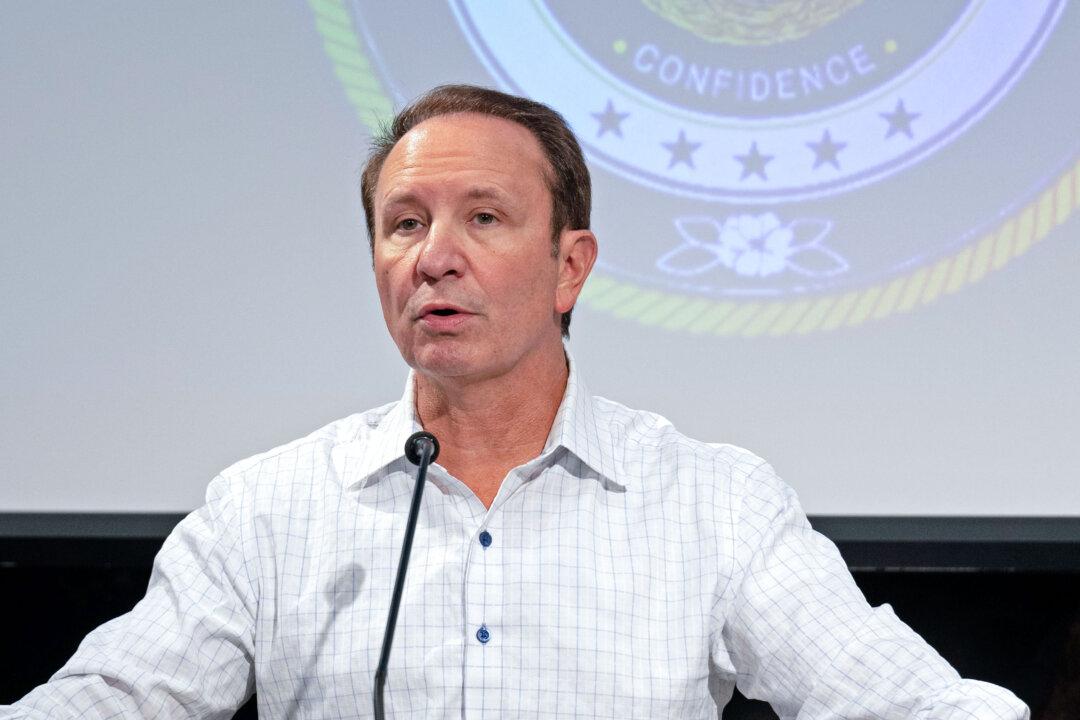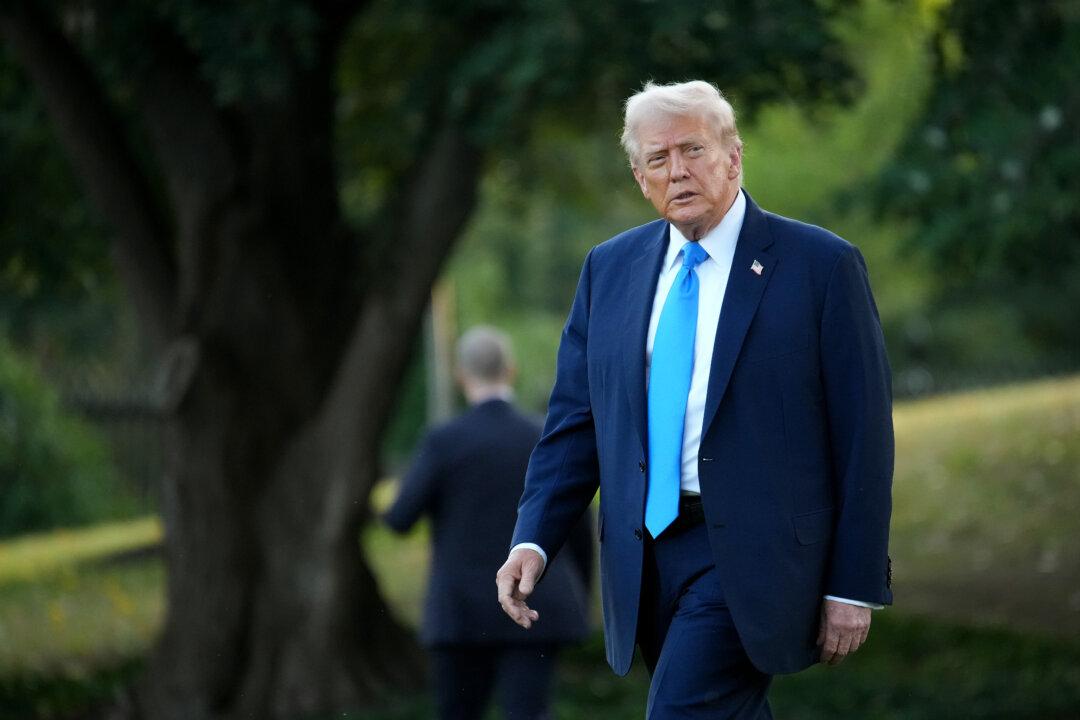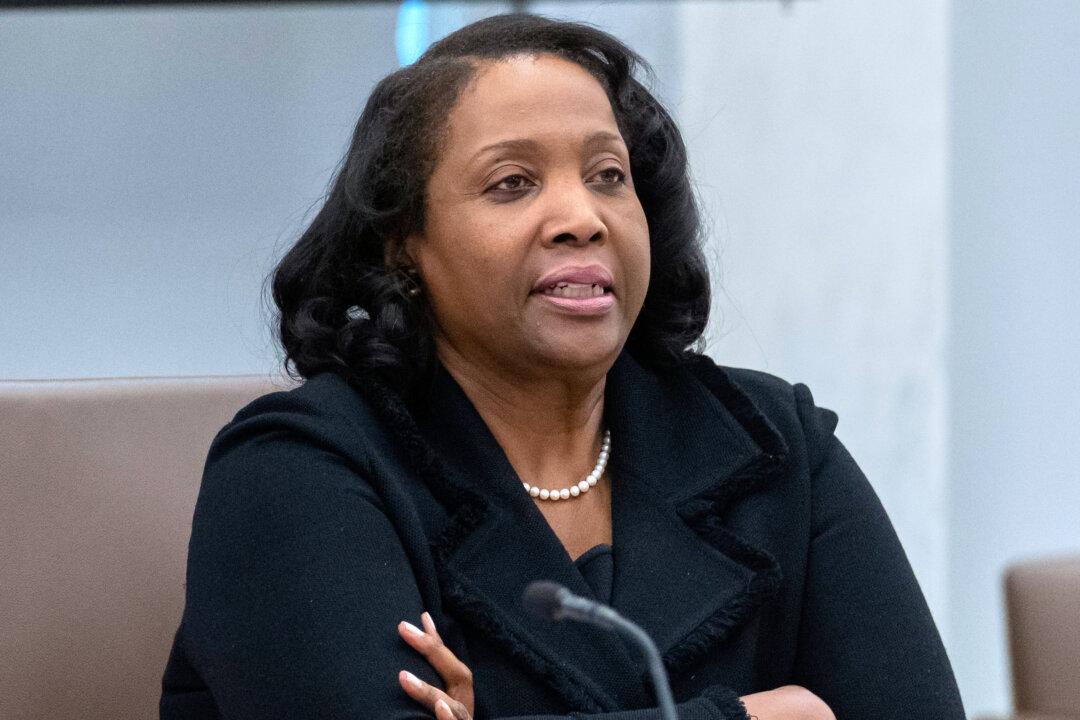A trial with the potential to greatly alter modern online speech laws kicked off on Monday, with prosecutors accusing celebrity meme-maker Douglass Mackey of using memes in an attempt to steal votes from Hillary Clinton’s base during the 2016 election.
Defendant Mackey, more widely known online as Ricky Vaughn—a reference to a fictional baseball pitcher in the “Major League” movie series—posted memes as an online personality with tens of thousands of followers during the 2016 election. A study at the Massachusetts Institute of Technology ranked Mackey at 107th in terms of his influence on the election—higher than NBC News (114th) and Stephen Colbert (119th)—according to a 2021 statement by the Department of Justice.
